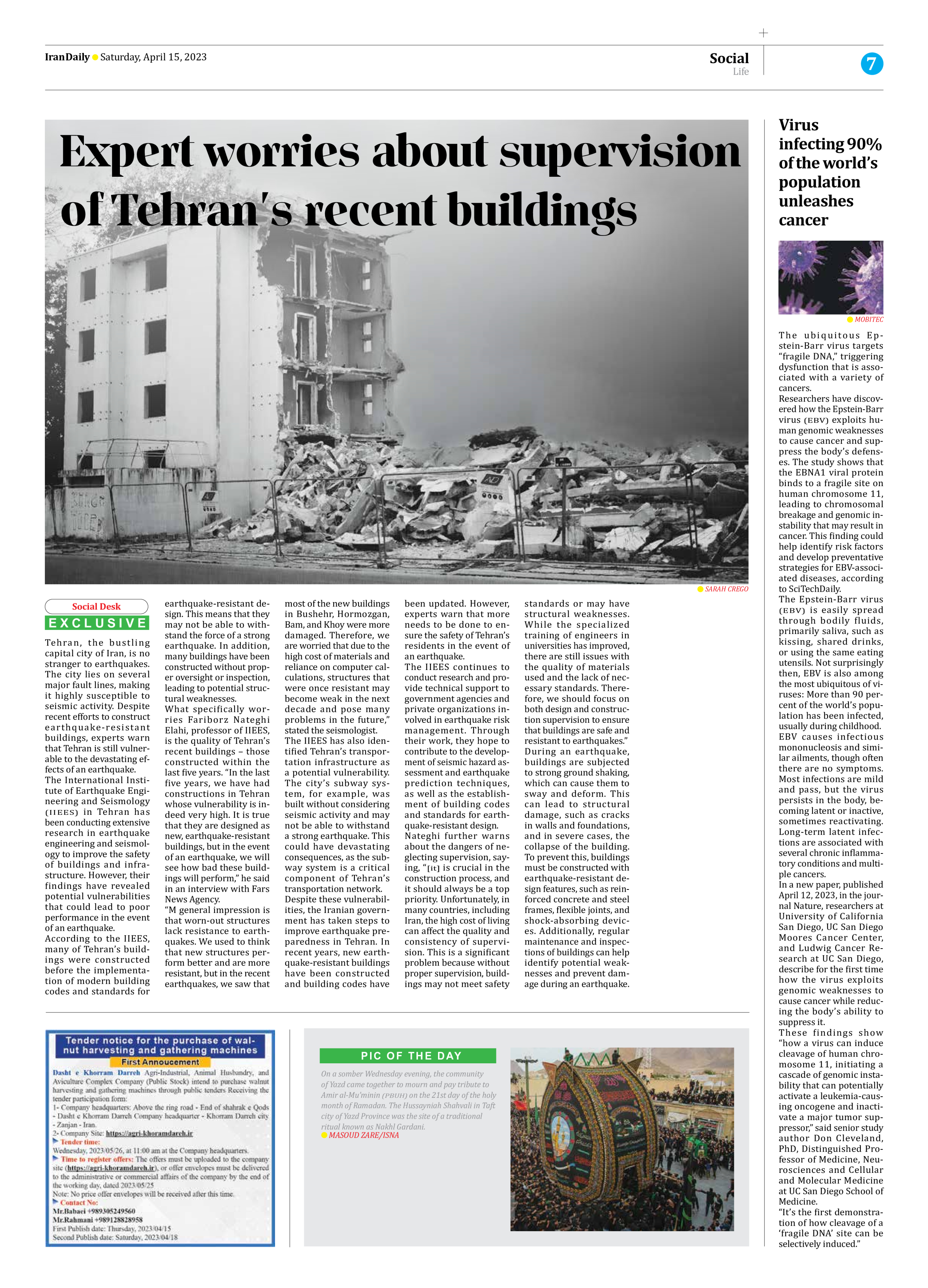
Virus infecting 90% of the world’s population unleashes cancer
The ubiquitous Epstein-Barr virus targets “fragile DNA,” triggering dysfunction that is associated with a variety of cancers.
Researchers have discovered how the Epstein-Barr virus (EBV) exploits human genomic weaknesses to cause cancer and suppress the body’s defenses. The study shows that the EBNA1 viral protein binds to a fragile site on human chromosome 11, leading to chromosomal breakage and genomic instability that may result in cancer. This finding could help identify risk factors and develop preventative strategies for EBV-associated diseases, according to SciTechDaily.
The Epstein-Barr virus (EBV) is easily spread through bodily fluids, primarily saliva, such as kissing, shared drinks, or using the same eating utensils. Not surprisingly then, EBV is also among the most ubiquitous of viruses: More than 90 percent of the world’s population has been infected, usually during childhood.
EBV causes infectious mononucleosis and similar ailments, though often there are no symptoms. Most infections are mild and pass, but the virus persists in the body, becoming latent or inactive, sometimes reactivating. Long-term latent infections are associated with several chronic inflammatory conditions and multiple cancers.
In a new paper, published April 12, 2023, in the journal Nature, researchers at University of California San Diego, UC San Diego Moores Cancer Center, and Ludwig Cancer Research at UC San Diego, describe for the first time how the virus exploits genomic weaknesses to cause cancer while reducing the body’s ability to suppress it.
These findings show “how a virus can induce cleavage of human chromosome 11, initiating a cascade of genomic instability that can potentially activate a leukemia-causing oncogene and inactivate a major tumor suppressor,” said senior study author Don Cleveland, PhD, Distinguished Professor of Medicine, Neurosciences and Cellular and Molecular Medicine at UC San Diego School of Medicine.
“It’s the first demonstration of how cleavage of a ‘fragile DNA’ site can be selectively induced.”







